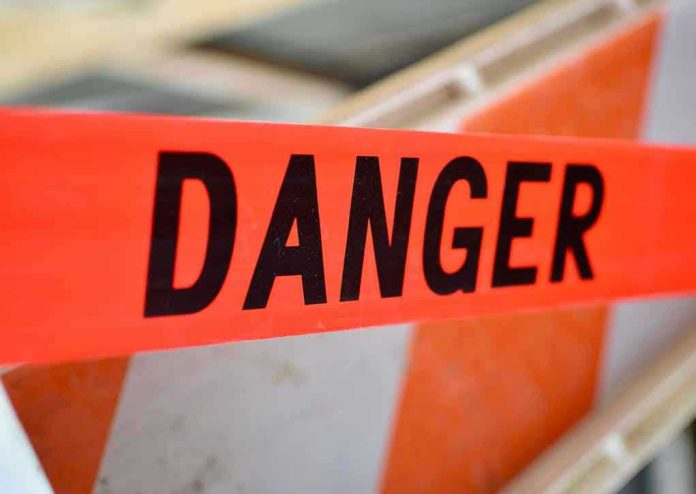
Apple’s latest iPhone update has opened the door for hackers to prey on travelers, and the TSA is sounding the alarm for every American who values privacy and security.
Story Snapshot
- TSA warns iPhone users about a dangerous default setting in iOS 26 that exposes devices to hacking at public USB charging stations.
- Security experts urge travelers to avoid public USB ports and change iPhone settings to “Always Ask” for new accessories.
- Widespread concern grows over digital privacy and the risks of juice jacking at busy airports.
- Federal agencies like the FBI and FCC echo TSA’s urgent cybersecurity warnings, amplifying national attention.
TSA Issues Urgent Cybersecurity Warning for iPhone Users
In June 2025, the Transportation Security Administration (TSA) issued a direct warning to iPhone users about a hidden danger in Apple’s latest software update, iOS 26. The default “Wired Accessories” setting, which automatically allows new devices to connect when the phone is unlocked, has become a prime target for hackers at busy airports. With millions of travelers relying on public USB charging ports, the threat of juice jacking—where criminals use compromised charging stations to steal data or install malware—has reached new heights. The TSA’s advisory is a call to action for every American who refuses to let government or corporate negligence put their freedom and personal data at risk.
For years, conservative watchdogs have warned about the dangers lurking in public spaces as technology companies prioritize convenience over security. The latest TSA bulletin, amplified by major media outlets in early June 2025, highlights how a single software setting—quietly switched on in the iOS 26 update—can make travelers vulnerable. Federal agencies like the FBI and FCC have long cautioned against using public USB ports, but the TSA’s involvement signals a new era of digital vigilance. As airport traffic rebounds and families depend on their phones for everything from banking to travel documents, the stakes for privacy and security have never been higher.
Security Experts Advise Immediate Action to Protect Devices
Cybersecurity professionals and federal agencies agree: travelers must take personal responsibility to safeguard their devices. Experts recommend disabling the “Automatically Allow When Unlocked” option on iPhones and switching to “Always Ask” or “Ask for New Accessories.” This small change can stop hackers from exploiting airport charging stations and protect sensitive data from being siphoned off without consent. The TSA’s official statement urges Americans to use TSA-compliant power bricks or battery packs, plugging into standard outlets instead of risky USB ports. Conservative analysts see this as a common-sense defense of individual liberty against ever-evolving threats.
Academic research supports these warnings, showing how compromised cables and ports are used to harvest data or inject malware. Security advocates argue that device manufacturers like Apple should default to safer settings, but until that happens, users must remain vigilant. The conservative approach—empowering individuals to control their own technology—stands in stark contrast to the “trust us” mentality of big tech and bloated bureaucracy.
Broader Implications for Digital Privacy and Airport Security
The TSA’s warning reflects deeper anxieties about digital privacy, airport security, and the responsibility of public agencies and private companies. With Apple’s iOS 26 update exposing millions of travelers, the debate over secure charging infrastructure and device-level protections intensifies. Tech industry leaders are being pressured to develop safer solutions, while cybersecurity experts call for robust public education. As airports face new scrutiny, conservative voices insist that government must prioritize security without sacrificing constitutional freedoms or encouraging invasive surveillance.
TSA Is Warning iPhone Users To Stop Using This Dangerous Setting – BGR https://t.co/bvqXw0vHTR
— Amandasatiro (@Amandasatiro07) October 7, 2025
In the short term, awareness campaigns are prompting more Americans to change their device settings and avoid public USB ports. In the long term, the spotlight on digital risks may force Apple and other manufacturers to revise default configurations. The economic cost of data theft and the social anxiety over privacy violations are fueling demands for accountability. For conservatives, the TSA’s warning is a reminder that vigilance and common sense must guide every interaction with technology, especially in an age where convenience can compromise core American values.
Sources:
Don’t charge your phone at airport USB ports, TSA warns
TSA warns iPhone users about dangerous wired accessories setting in iOS 26
How to Secure Your Phone When Returning From a Trip



